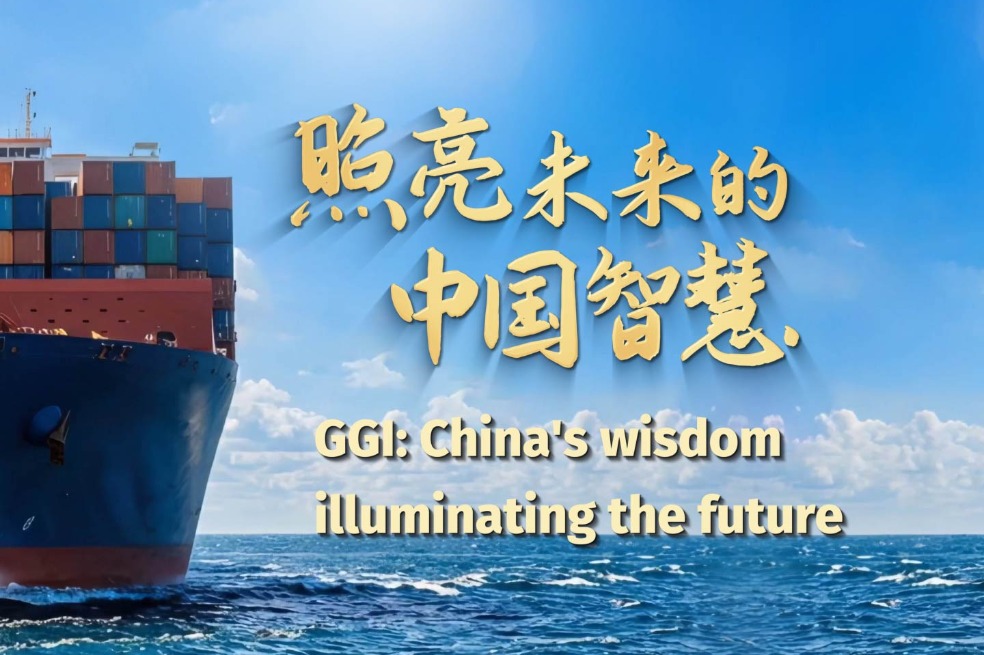Guarding against 'overreactions' to China
By ZHAO HUANXIN in Washington and PAUL WELITZKIN in New York | China Daily Global | Updated: 2019-02-14 23:58

Excessive fear over key technologies, an inflated threat of espionage and intellectual property theft, and the push to decouple the Chinese and American economies are “overreactions” to China in the United States, a veteran China expert has said.
The overreactions are not good for the American society, economy and the country’s competitiveness, according to Susan Shirk, chair of the 21st Century China Center at the University of California, San Diego.
Shirk, who first visited China in 1971, said the three perspectives worry her, because “they’re interfering with our ability to mend relations with China” and “they’re really bad for America”, she said in a lecture at the University of Pennsylvania, a recording of which was released on Monday.
Shirk made the remarks in Overreach and Overreaction: The Crisis in US-China Relations on Jan 31, in which she also discussed what she identified as China’s overreactions, including its pursuit of sovereignty claims.
Preoccupied by the prospect that China might surpass the US in some high-tech areas, the US has enhanced review and regulation of China’s technology investment and of its export controls, said Shirk, who was deputy assistant secretary of state between 1997 and 2000 responsible for US policy toward China.
“So that’s the national security argument. But if you define the critical technologies too broadly to include all AI, biotech, autonomous vehicles, battery storage, then first of all, it looks like a form of technological protectionism, and/or technological containment of China,” she said.
The loss of Chinese technology investment is not that critical compared with the danger to the US innovation ecosystem as a result of driving Chinese talent out of the US, according to Shirk.
“We definitely need Chinese talent,” she said. “The great thing about America is that we have talented people from all over the world who come and work in our university laboratories.”
Shirk said that in terms of civilian and export controls, the model that former defense secretary Robert Gates proposed — “small yard and high fence” — should be followed.
“‘Small yard’ is let’s limit the critical technologies only to ones with a direct importance to national security,” she said.
Turning to the “inflated threat” of Chinese espionage and intellectual property theft, Shirk said some high-ranking US officials had been saying that Chinese academicians are exploiting open universities and research environments, and that the China threat is not just a whole-of-government threat but a whole-of-society threat.
“It’s a very small step from saying that China is mounting an all-of-society threat to saying that anyone of Chinese nationality should be viewed with suspicion,” Shirk said. “So I am really worried about an anti-Chinese version of a ‘red scare’ by this inflated threat.
“From the standpoint of the United States, let’s not overreact,” she said.
As for the concept of decoupling, Shirk said that trying to disentangle the two economies, which are already intertwined, will be “terribly costly” not just to the US and China but to the stability of the global economy.
“The US-China relationship has been so valuable, and the integration of the two economies has spurred the development of all the supply chains, and increasingly I see these global supply chains as kind of the economic base for this wonderful period of peace that we’ve enjoyed since the end of the Cold War,” she said.
“I think instead of being motivated by excessive fear of the China threat, I hope that we will think calmly and sensibly about how we can manage what is inevitably a more competitive relationship, but one which isn’t necessarily an adversarial and hostile one,” she added.
Contact the writers at huanxinzhao@chinadailyusa.com
























